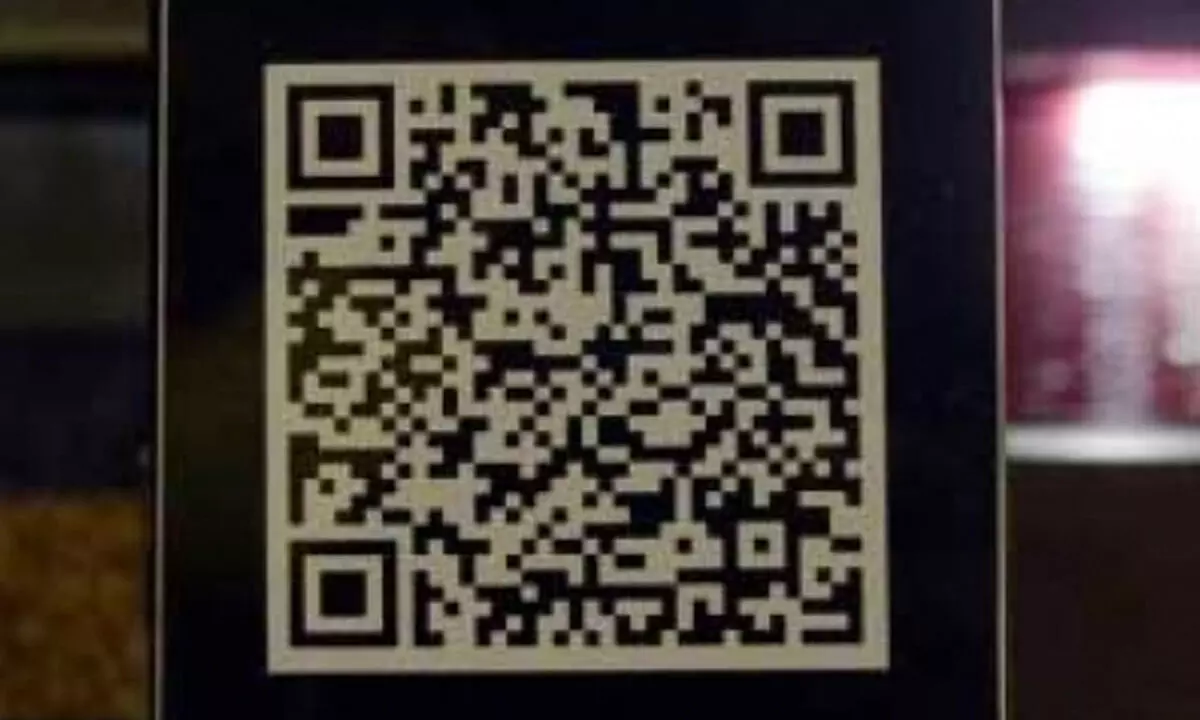QR code scams up in India, over 20K cases registered since 2017: Report
Share :

As Indians have quickly adopted digital payments, a surge in QR code scams has plagued the country, according to a new report released on Tuesday, which revealed that between 2017 and May 31, 2023, about 20,662 cases (or 41 per cent) related to QR codes, malicious links, or debit/credit card fraud were registered in Bengaluru.
New Delhi: As Indians have quickly adopted digital payments, a surge in QR code scams has plagued the country, according to a new report released on Tuesday, which revealed that between 2017 and May 31, 2023, about 20,662 cases (or 41 per cent) related to QR codes, malicious links, or debit/credit card fraud were registered in Bengaluru.
According to the Palo Alto Networks, as most QR codes are visually similar and distinguishing differences is difficult, attackers can compromise a business's website by replacing the genuine QR code with their own.
When individuals scan this altered code, it can automatically redirect them to a phishing URL, where cybercriminals can request user credentials and gain access to email or social media accounts, among other things.
Alternatively, it could lead users to an untrustworthy app store, urging them to download a malicious application, which typically contains viruses, spyware, trojans, or other types of malware, enabling data theft, privacy breaches, ransomware attacks, and in some instances, even crypto-mining, the report said.
“With QR codes now deeply integrated into our daily lives, related scams have surged in prominence. Cybercriminals exploit this by surreptitiously replacing QR codes in establishments such as bars, restaurants, lounges, shops, and clubs. This can result in unauthorised UPI payments and potential financial harm,” said Vicky Ray, Principal Researcher -- Unit 42 at Palo Alto Networks.
The United Payment Interface (UPI) surpassed 10 billion monthly transactions in August with a transaction value of Rs 15.18 trillion ($204.77 billion).
Moreover, the report mentioned that another prevalent TTP (threats, tactics, and procedures) among cybercriminals is the use of "evil twin" or hotspot honeypots.
In this scenario, threat actors establish an insecure Wi-Fi network, enticing users with free internet access upon scanning their QR code.
Once connected, hackers intercept and eavesdrop on the data being transmitted, pilfering personal or confidential business information, online banking credentials, and credit card details, the report explained.
Given the global adoption of hybrid working, individuals must exercise caution and connect only to secure Wi-Fi networks to avoid falling into these cyber-traps.









